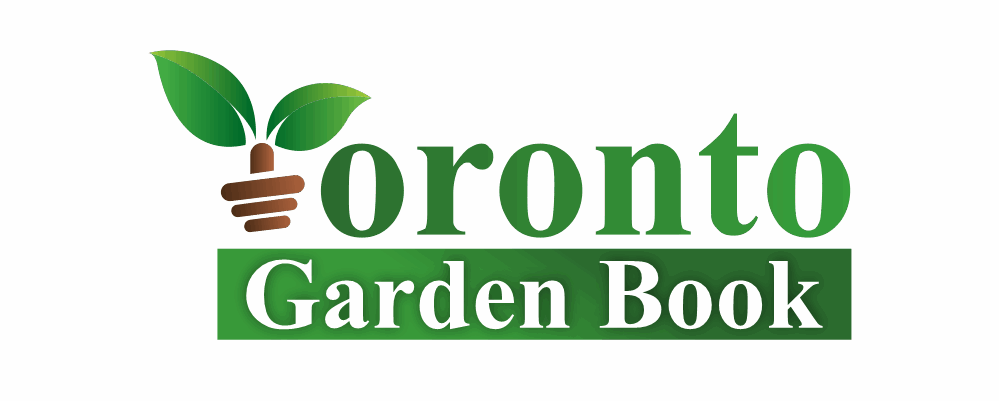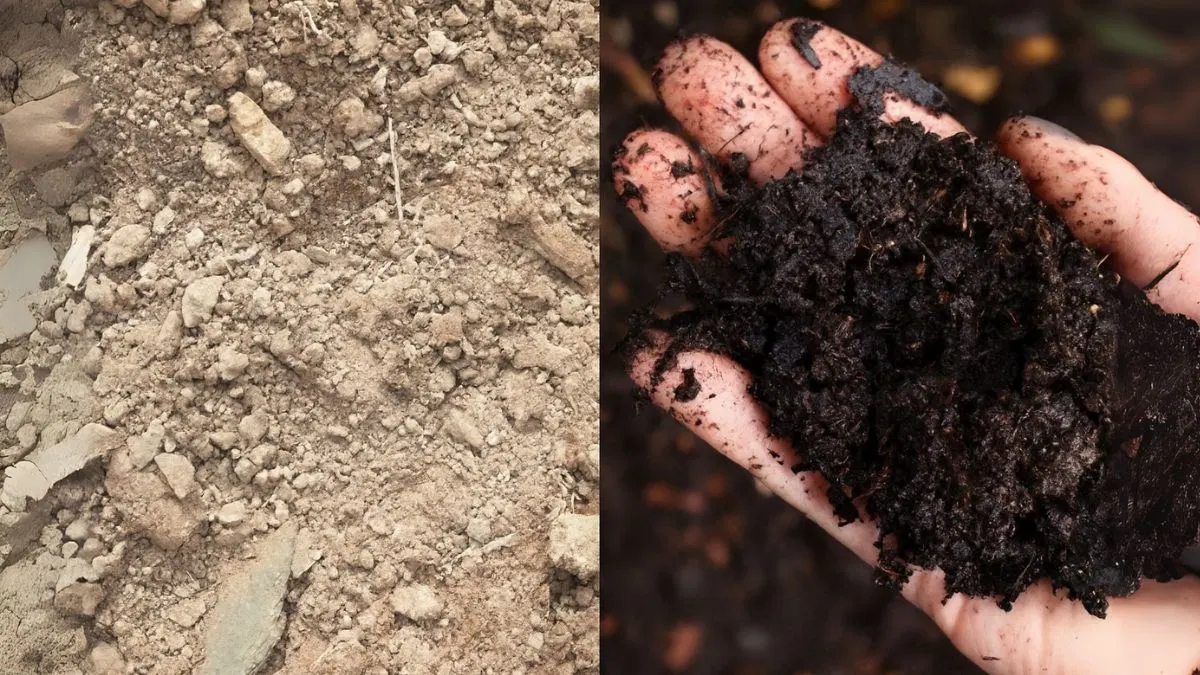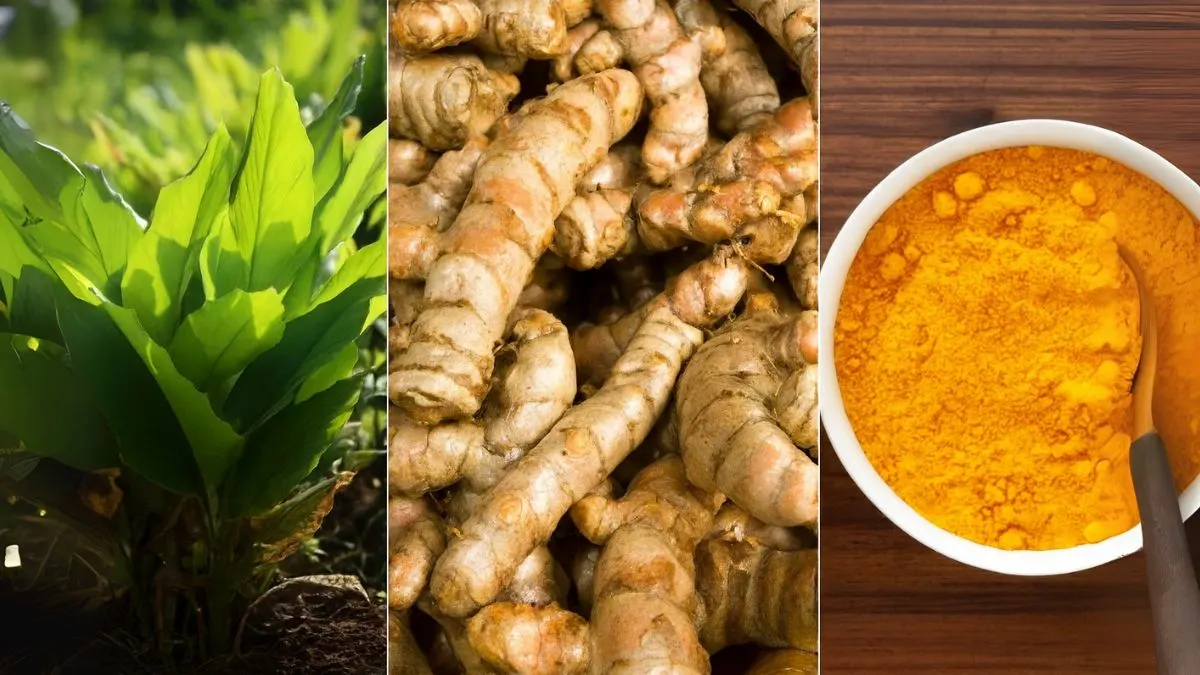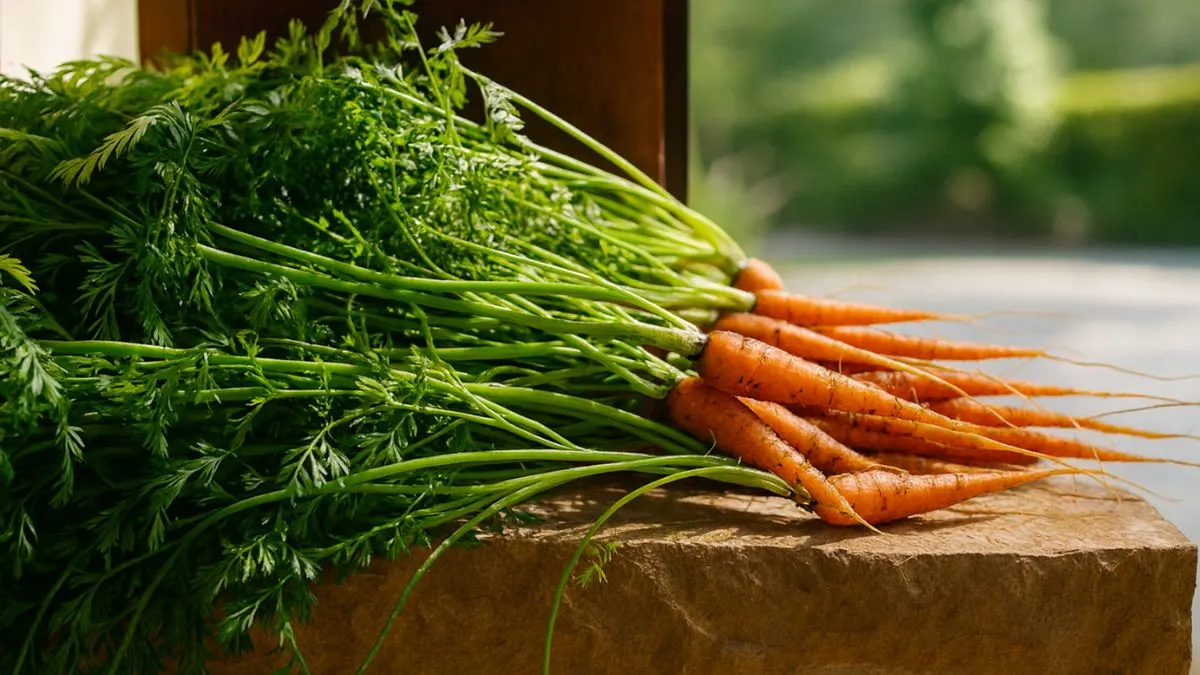Ever dreamed of stepping into your garden and being greeted by hummingbirds darting between blooms, butterflies dancing midair, and bees lazily drifting from petal to petal?
As someone who converted a dull backyard into a thriving pollinator zone, I can assure you—it’s not just about planting random flowers. It’s about choosing nectar-rich plants like milkweed, phlox, and goldenrod that act like magnets for these tiny, vital creatures.
In this guide, I’ll walk you through 10 powerhouse plants that bring pollinators buzzing—plus a few bonus picks that have transformed my garden into a living canvas.
Why Nectar Plants Matter for Pollinators
Before we dig into the list, here’s the science behind it.
Pollinators are drawn to nectar—the sugary energy drink plants provide in exchange for pollination. Without access to nectar-rich plants, their populations decline, which directly impacts our food systems.
So planting these blooms isn’t just beautiful—it’s ecological gold.
10 Must-Have Nectar Plants for Pollinator Gardens
🌸 1. Bee Balm
Not just a visual stunner, bee balm (Monarda) is a hummingbird and butterfly favorite. Its shaggy, tubular blooms are rich in nectar and bloom from mid-summer into fall.
Tip: I love planting bee balm near a sunny fence line—it thrives in full sun and attracts ruby-throated hummingbirds like clockwork.
 🦋 2. Butterfly Bush
🦋 2. Butterfly Bush
True to its name, butterfly bush (Buddleja) sends out long spikes of fragrant flowers in purples, pinks, and whites that are butterfly magnets.
Its blooms produce nectar continuously, making it irresistible to monarchs and swallowtails.
🌿 3. Honeysuckle
Whether you choose native species or vines like honeysuckle or honeysuckle vine, the sweet, heady scent and rich nectar make them hummingbird hotspots. Trumpet honeysuckle is especially effective on trellises.
🔥 4. Salvia
Salvia’s stiff, upright, colorful tubular flowers and rich nectar make it one of the most dependable pollinator plants. Bees, hummingbirds, and even sphinx moths line up for this one.
Plant a few in deep purple or scarlet and you’ll never garden alone.
🌼 5. Zinnia
Easy to grow and bursting with color, zinnia is a go-to for butterflies. Choose single-flower varieties for easier nectar access and plant in clumps for maximum visual and pollinator impact.
Also Read: 5 Mysterious Flowers You Won’t Believe Actually Exist
🐛 6. Milkweed
Milkweed isn’t just a butterfly attractor—it’s essential. Monarch butterflies lay their eggs only on milkweed species, and the blooms offer loads of nectar for other insects, too.
I added milkweed last summer and had caterpillars hatching within weeks—nature in real-time!
🌻 7. Sunflower
Tall, sunny, and packed with nectar and pollen, sunflowers are great for bees and beneficial insects. Plus, its seeds attract birds post-bloom—double win.
🌸 8. Coneflower
Coneflower (Echinacea) brings structure and long-blooming color to the garden. Butterflies, bees, and hummingbirds all feed on its nectar-rich centers.
Pair it with ornamental grasses for a wild-meadow vibe.
🌼 9. Lantana
Vibrant clusters of lantana flowers are irresistible to butterflies. They’re drought-tolerant and thrive in full sun—perfect for summer landscapes.
🌺 10. Penstemon
Penstemon is a hummingbird favorite. Its tubular blooms are nectar-rich and come in reds, pinks, purples, and even blues.
It’s one of the few natives that combines pollinator appeal with modern garden aesthetics.
Bonus Pollinator-Friendly Plants
If you have extra space, these are excellent add-ons:
- Perennial Asters – Late bloomers that feed pollinators well into fall
- Joe Pye Weed – Towering nectar plant for bees and butterflies
- Garden phlox are beautiful, fragrant plants that attract hummingbirds
- Fuchsias, torch flowers, and trumpet vine – Excellent for vertical or container gardens
- Native wildflowers and ‘weeds’ like goldenrod and yarrow – Often overlooked but incredibly powerful for pollinator support
Also Read: Indoor Plant Room: Transform Any Space into a Lush Oasis
Design Tips for Pollinator Gardens
- Group same-species plants in clusters
- Use a variety of colors and bloom times
- Avoid pesticide use
- Add a water source like a shallow dish or birdbath
- Include a mix of plant heights for a layered look
Let Your Garden Buzz With Life
You don’t need acres to create a pollinator paradise. With the right mix of nectar-rich plants like Milkweed, Phlox, and Goldenrod, plus stars like bee balm, butterfly bush, salvia, and zinnia, your garden can be alive with color, movement, and purpose.
When you plant with intention, nature always shows up.
Click here to know more about the Toronto Garden Book!



